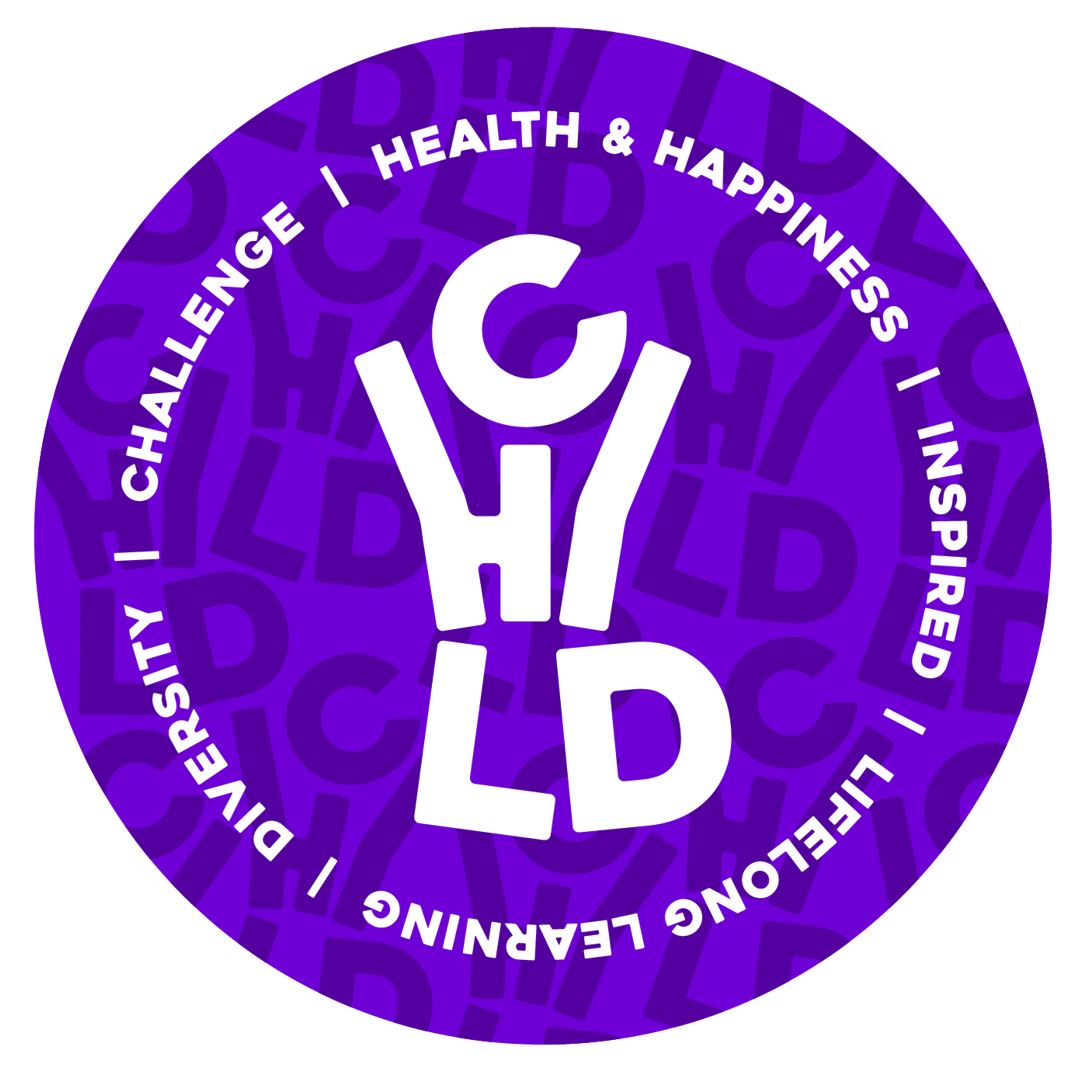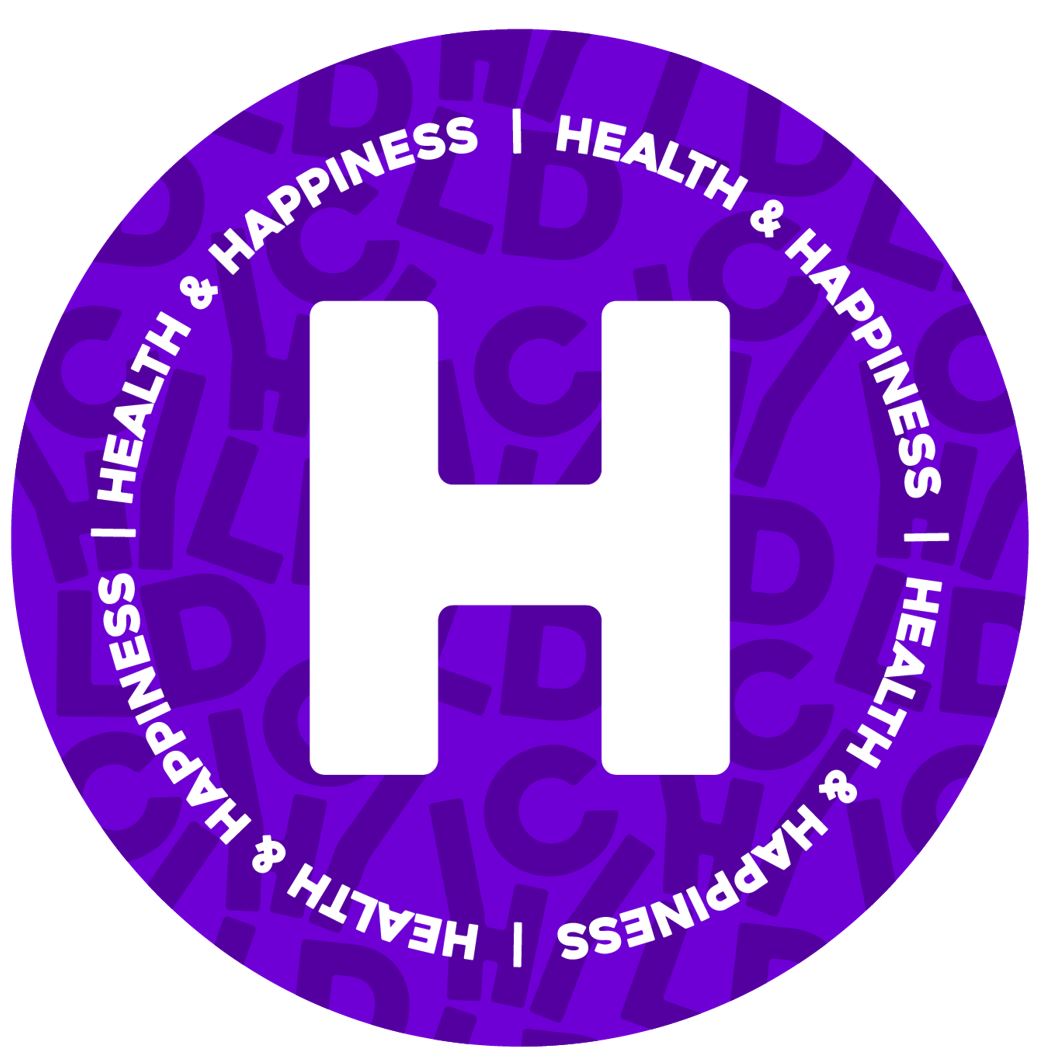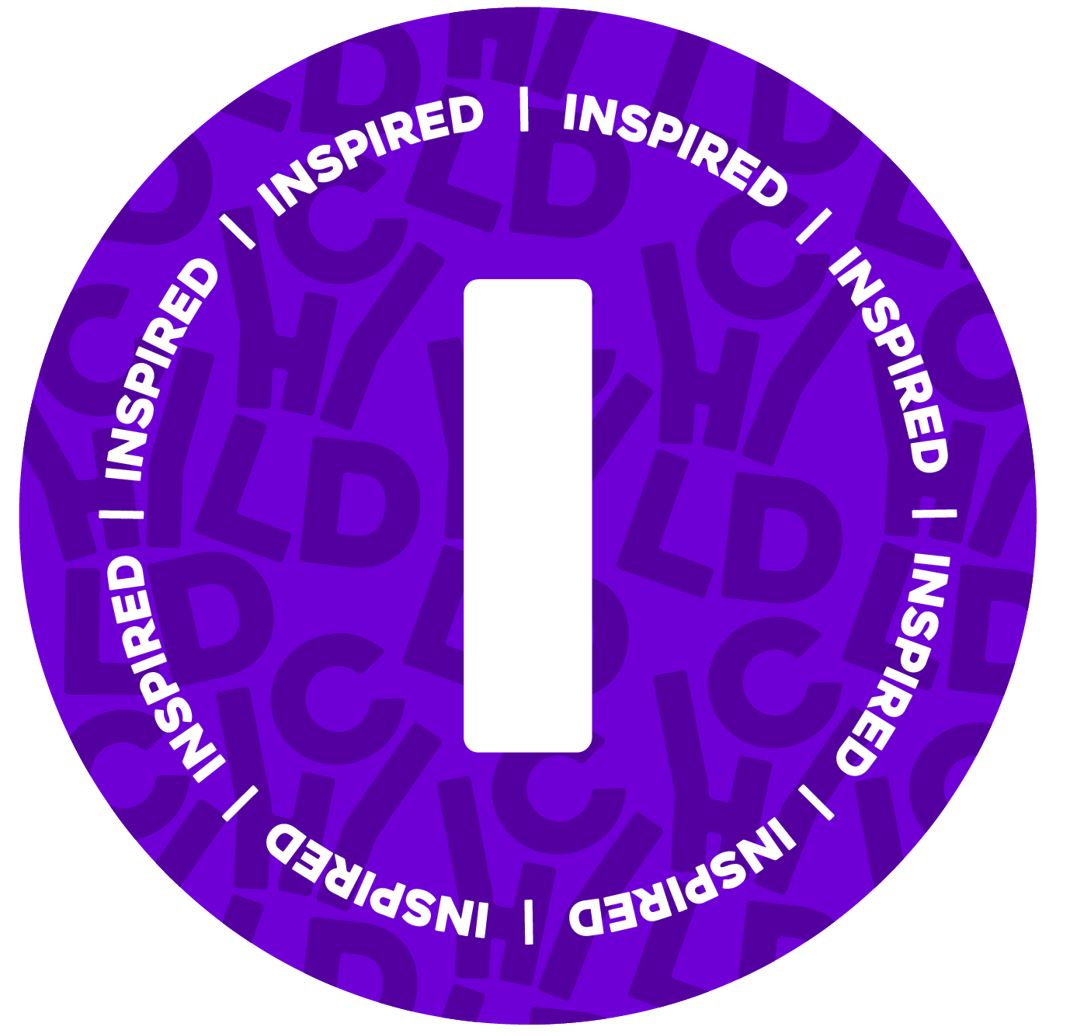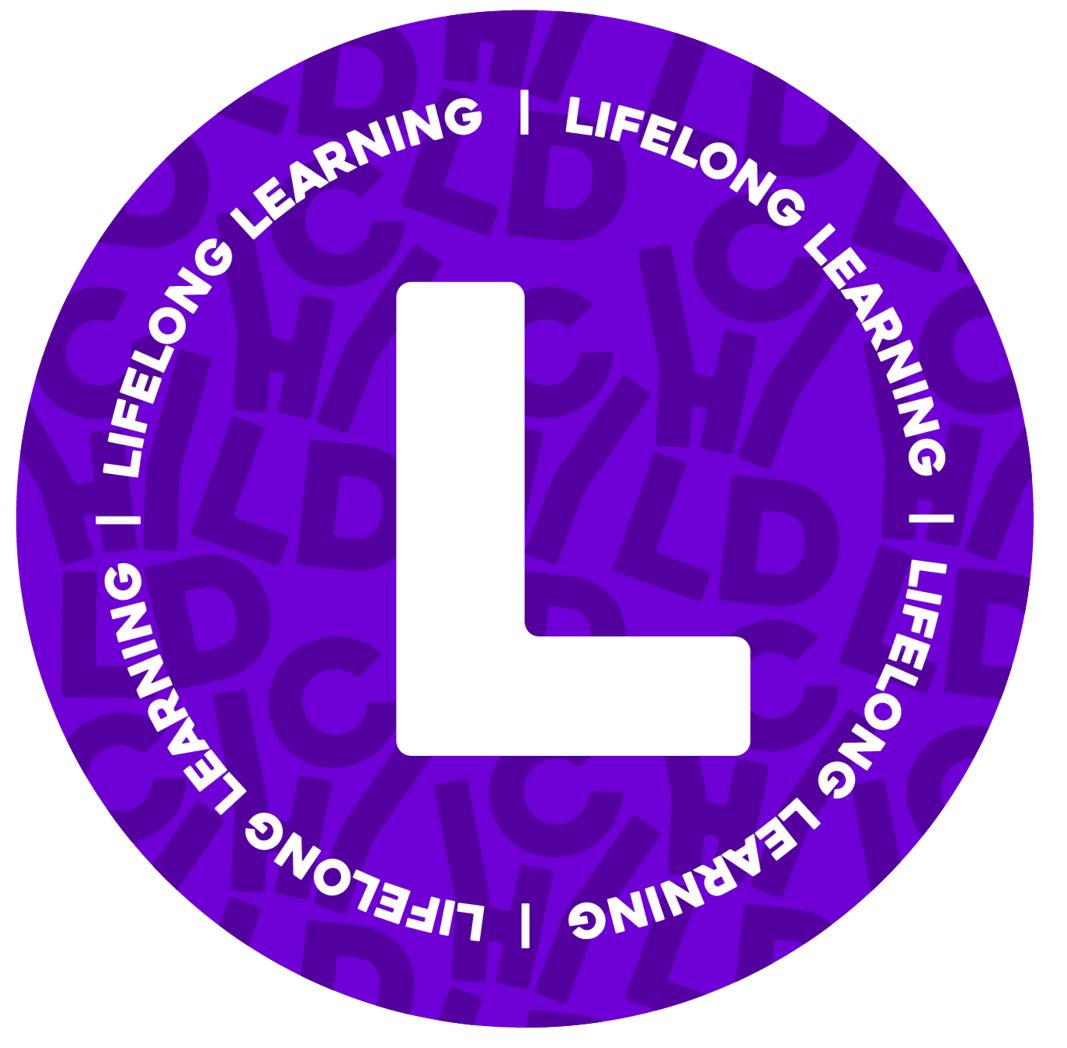English
Intent
At the Newark Hill Academy, CHILD is at the heart of our enquiry based curriculum.
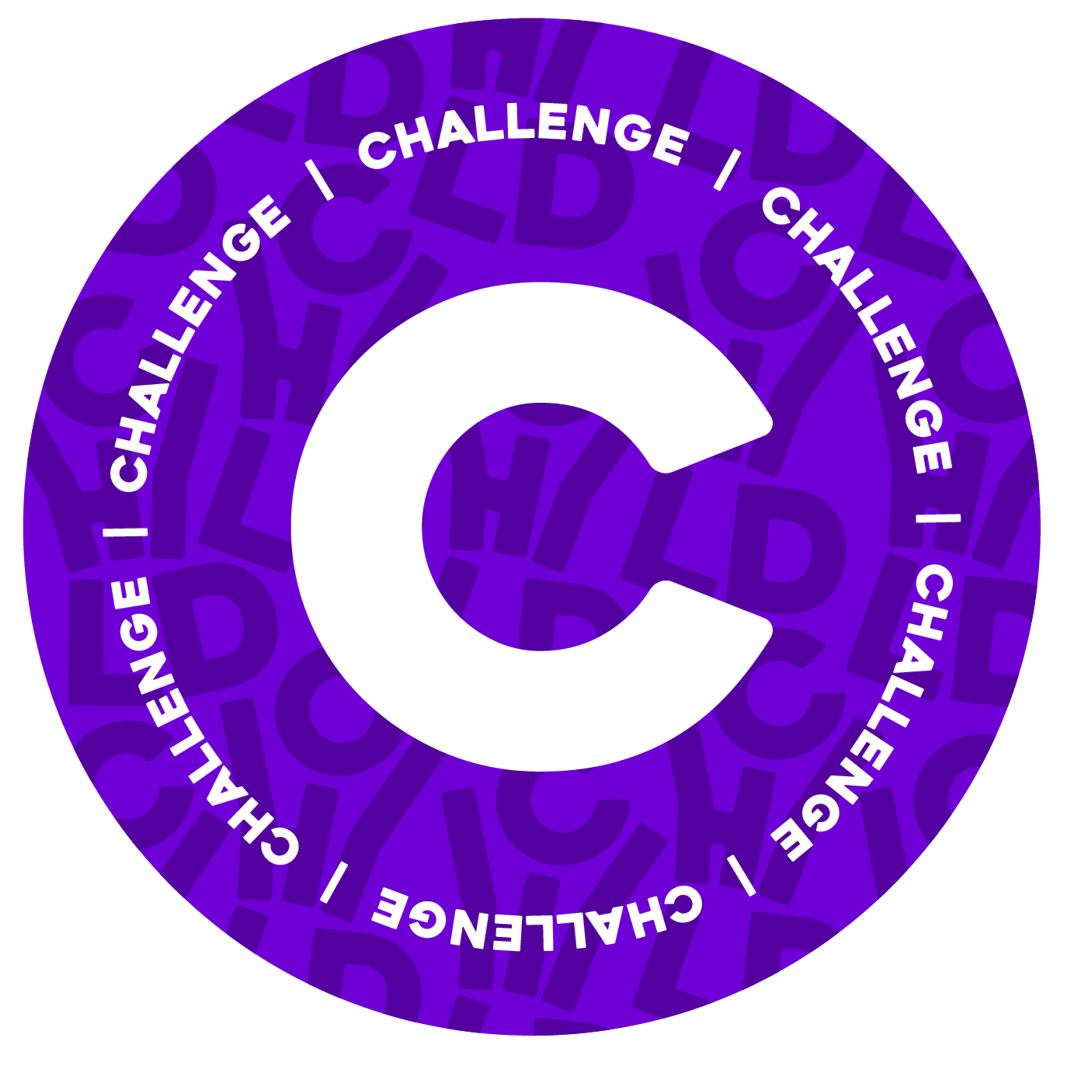
We ensure happiness and health at the academy by promoting positive learning experiences in English so they are able to feel safe to experiment in speaking, listening, reading and writing.
Our children will be inspired during English by giving our children the opportunity to develop their experience and knowledge of the world through immersing pupils in the wonders of high quality texts and resources to instil a love for reading and writing and a passion for discovery that stimulates thought and imagination in different genres that develop crucial life-skills.
We equip our pupils with lifelong learning by ensuring they are equipped to their highest potential of literacy skills through a challenging English curriculum.
In English we celebrate diversity as we recognise we are all different and all welcome. We understand that everyone learns in different ways and recognising the need to develop pedagogies accordingly. We strive to provide a well-rounded learning experience when reading, writing, speaking, and listening.
Implementation
Our English lessons develop pupils’ spoken language, reading, writing and grammar and vocabulary. English is taught in a cross-curricular way, linking up with other areas of the curriculum. We teach our pupils to speak clearly, to convey their ideas fluently and confidently and to ask questions. Their vocabulary is developed systematically. Our pupils are encouraged to read for pleasure and to read widely. We weave technology into our curriculum to prepare learners for skills needed in the 21st Century.
Reading
-
Every child reads every day at school.
-
Pupils have time to read and texts that develop their love of reading both in the classroom and the library.
-
Pupils have access to any books. If they have no books of their own, books will be gifted to them.
-
All children who start at our school are given a pack of books typically consisting of a picture book, fiction books- typically a fairy tale, non fiction books linked to nature and a period in history they will encounter during their school career.
-
Pupils have a library that they helped to design, saw the process of development and have ownership of.
Early Reading
-
Phonics is taught systematically from the day children start our academy. Initially this is whole class teaching with fast interventions to catch up any pupils needing it. As some pupils move faster through the program, the EYFS year group is split into two, then three then small groups if necessary. All pupils receive fast interventions and are monitored rigorously. Every child is heard read every 1-2 days minimum. Phonics training is given to parents and support materials are on our website. Pupils take phonetically decodable books home. All pupils have access to reading eggs where they can practise their sounds at their pace. Staff are trained and regularly observed by means of quick lesson drop ins and discussions. We use RWI as our base scheme with supporting activities designed by the teaching staff as it is used for reading.
-
Phonics teaching continues until the child has grasped the sounds in set 1,2 and 3. Phonics is taught to the child phonetic decoding ability and it is not unusual for groups to be mixed age groups. Intervention is in place for those requiring phonic support in every year group- even in upper KS2.
-
Phonics tracker is used to monitor ability for every child in EYFS/KS1 to track phonic confidence- reading sounds, phonetically decodable words and pseudo words. Adults assess pupils regularly and adjust teaching groups accordingly. The phonics lead monitors progress and reports back to the middle leadership team. This is also used for pupils in lower Key Stage 2 if they are not developed readers.
-
Reading Eggs is used to support pupils learning to read. The pupils take a placement test putting them at the appropriate level. The English lead can override this if necessary and adjust levels or re-set the placement test. Each 'lesson' a pupil does follows a similar format- sound focus, building the sound into words, syllable practise, sight word recognition, vocabulary building , sentence building, book reading linking back to the sound. Pupils work through levels at their pace. They have access at home and school. The English lead monitors progress. Intervention time for children to access the program is given.
-
Phonics is the key reading intervention which takes priority over other interventions for pupils who are at the early stages of reading.
-
As pupils grow in confidence with reading, guided reading sessions begin. For most children this happens in the summer term of Year 1 or Autumn 1 in Year 2.
-
Texts in guided reading link to their topic, current events or interests of the children. A whole school book map is in place to prevent cross overs and allow for diversity of texts.
-
We recognise that knowing phonics underpins reading in the English language.
-
Texts designed for the phonics and reading are used in these specific lessons. Further to this, children have a reading book which is encouraged to be read at home and adults in school listen to them read too. These books are Oxford Reading Tree colour banded and correlate to the ability of their phonetic decoding.
Developing Readers
-
Reading sessions aim to inspire a love of reading and an ability to analyse a text. This starts in Year 1 with simple text marking known as 'think marks' by means of ticks to show understanding, dots and dashes to help decode unfamiliar words and underlining of unknown words. This develops in complexity as readers mature throughout school e.g. hearts to show emotions conveyed by a character or felt by the reader, thought and speech bubbles, question marks.
-
In a reading session, teachers know what they want the children to draw out from the text and plan focused sessions around this. This could be, for example, a main message in the text, character understanding, setting development or curriculum subject focus e.g. historical knowledge about Vikings from 'The Saga of Eric the Viking' or science knowledge from Funnybones or Moth. Teachers link texts to children's own experiences and make links with curriculum knowledge learned previously. Teachers carefully select vocabulary to focus on prioritising how likely they are to encounter the words in the future (tier 2).
-
Reading sessions have a focus on fluency throughout the school. Repeated oral reading is one method used to develop this, as is peer reading. Staff understand that without fluency, understanding of text is limited.
-
A range of comprehension questions are discussed either in pairs, groups or as a class, with the occasional question requiring a more developed written answer in books. Some practise is given for test style comprehension questions occasionally when it fits with the units of work or to support children in preparing for more formal assessments e.g. SATS.
-
Pupils are heard read by adults in school at least once per week. For pupils who are developing reading, this should be increased to 3 times a week. Pupils working at the level of significantly below age related expectations (OYG) should be heard read daily with reading being their priority intervention. Record keeping of reading and progress should be on the year group Reading One Note. Regular snapshots of the level children are working on are recorded and assessed compared to their reading ability in the classroom and Pixl assessments.
-
When children move on from the colour banding scheme, they are assessed on Accelerated Reader program using Star Reader. Adults listen to the child reading the suggested level of books to check it is accurate. Children are assigned a starting level e.g. 4.3. They choose a book within that level. Each level is well stocked with a range of types of books for different interest and maturity levels. Where there is not an ample supply of books the child is interested in, they will be supported in choosing an alternative. After reading their chosen book, pupils complete a quiz on the book with a range of comprehension questions of varying types e.g. sequencing, character thoughts, vocabulary understanding. Pupils aim to score higher than 70% to 'pass' a quiz. When they pass three quizzes within their reading level, they move up a level. Adults encourage pupils to read a range of book types e.g. not only reading one type such as the Horrid Henry or David Walliams series exclusively. Adults monitor how much is being read, the scores being achieved and fluency of reading aloud. Adults can adjust levels at any point to support reading enthusiasm and progress. Advice can be sought from the English Lead if required.
-
Pupils should record themselves reading regularly on their Flipgrid channel. This helps children to see how they progress as a reader, while developing confidence in using 21st century technology. There should be one video clip uploaded half termly.
-
As a school we follow the Pixl program of assessments throughout the year. The results compare the school data with other participating schools and highlight where strengths and areas requiring further teaching are. Results can inform intervention work for groups of pupils. Pupils and parents can see an individual breakdown.
Confident Readers
-
As children become confident, independent readers they rise through the levels in the school library. When they reach level 7.0 they are known as 'free readers'. They are able to select any reading material to develop their reading.
-
Pupils in upper key stage 2 take on the roles of Junior Librarians. Their key priority is the maintenance and restocking of the main library. Their roles will develop further into peer reading, holding lunchtime reading sessions and developing book displays in the summer term.
-
Pupils in Year 6 have the opportunity to apply to be a Reading Mentor for pupils in KS1. Year 6 read to them, listen to them read and spend time enjoying their favourite books.
Reading at home
-
Parents are asked to hear their child read at least three times a week and record in their reading record books. This additional practise of fluency accelerates reading confidence. It also promotes reading together and enjoyment of books.
The research behind our reading curriculum
-
EEF (https://educationendowmentfoundation.org.uk/education-evidence/guidance-reports)
-
Thinking Deeply about primary education
-
The Art and Science of Teaching Primary Reading- Christopher Such
-
CLPE (https://clpe.org.uk/system/files/CLPE%20READING%20SCALE%20REBRAND.pdf)
-
Peterborough Reads (https://literacytrust.org.uk/communities/peterborough/)
-
Reading Eggs (https://readingeggs.co.uk/about/research/)
-
Why closing the reading gap matters (https://educationblog.oup.com/primary/why-closing-the-word-gap-matters-the-oxford-language-report)
-
CLPE Reflecting Realities (https://clpe.org.uk/research/clpe-reflecting-realities-survey-ethnic-representation-within-uk-childrens-literature-0)
-
No Outsiders (https://no-outsiders.com/)
-
CLPE Choosing and Using Quality Texts (https://clpe.org.uk/blog/choosing-and-using-quality-texts)
English
We develop writing skills so that our pupils have the stamina and ability to write at the age expected standard. To support children in moving towards independent writing we provide a wide range of activities including use of film and imagery, modelled, shared and guided writing, peer editing and discussion. We use talk for writing to encourage pupils to express their ideas, exchange ideas and to develop more sophisticated vocabulary. We provide opportunities for writing for purpose and we encourage pupils to see themselves as authors. We promote the status of written work by providing opportunities for children’s writing to be published and read by real audiences.
We have a Writing Champions board to celebrate the high standard of writing across the academy.
Handwriting sessions are incorporated into the English lessons. A range of extra activities are used to promote literacy within the school including an annual focus week, World Book Day and author visits.
National Curriculum English Programmes of Study:
Our English Lead is Miss Griffin
Drama
Drama is used as a key tool in developing oral skills, vocabulary development, building confidence and self- esteem, and as an essential tool in developing imaginative, expressive, and persuasive spoken and written language. ‘Hot seating’, and ‘response in role’ drama techniques are used in literacy lessons aid the development of speaking and listening, reading and writing skills. Imaginative role play is fundamental to developing the whole child, not just in Early Years and KS1 education, but also as they children develop, and our curriculum provides opportunities to perform to wider audiences through assemblies and events around key festivals. There are increasing opportunities for our pupils to perform as they progress through the school.
Tips for Writing
At the Newark Hill Academy, we use catchy sentence types to help children vary their sentence structures in writing. This runs alongside our grammar teaching so the parts are clearly understood. Here are the sentence types we refer to in order of complexity. Click on the name to watch a video to explain how to build each one.
Noun Phrase
Simile
De:de

